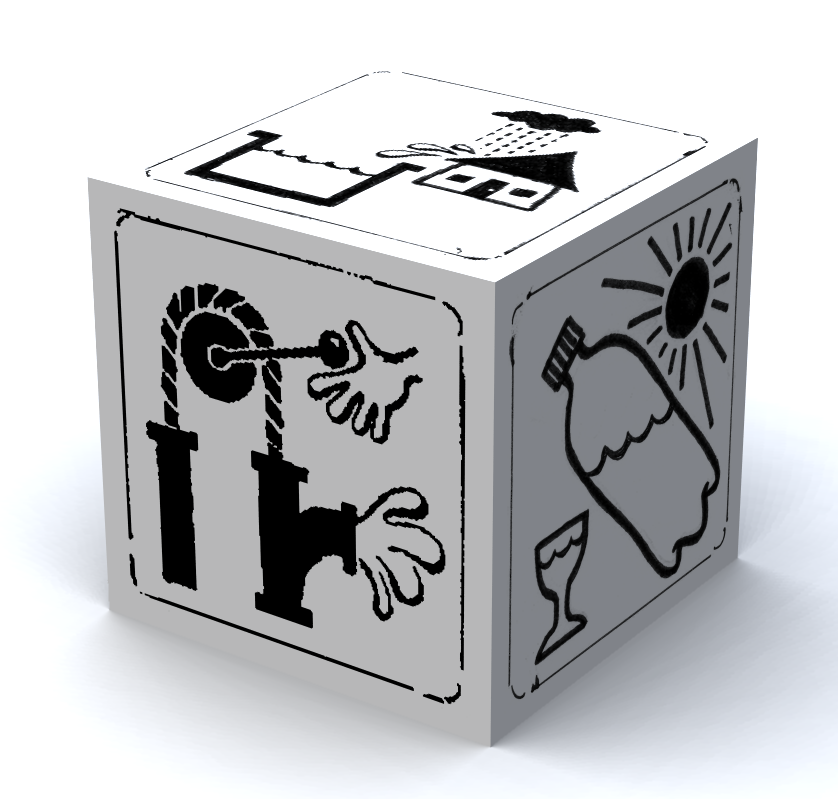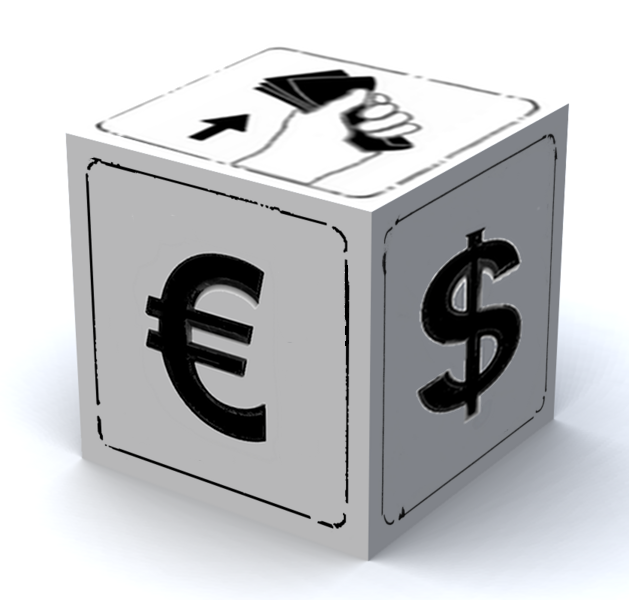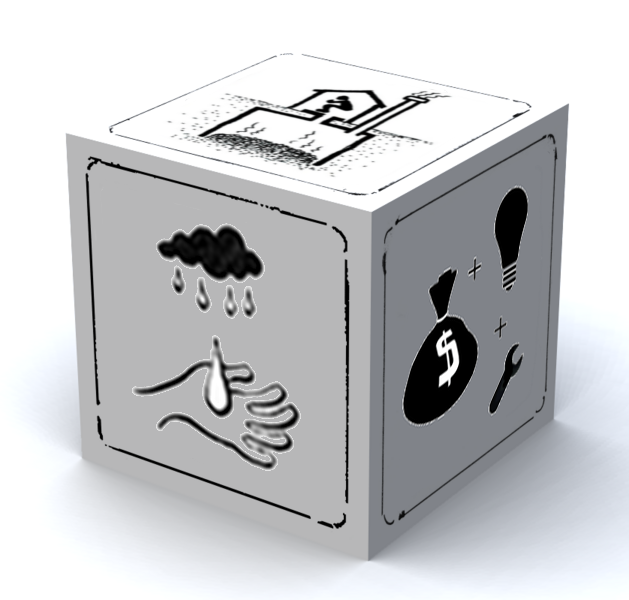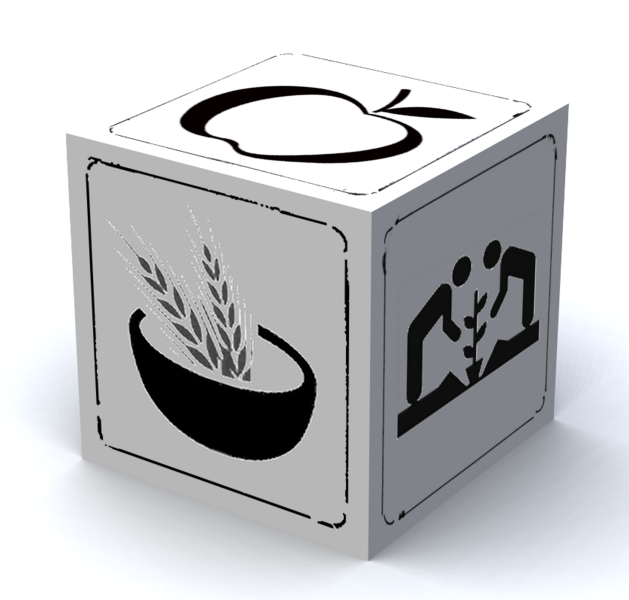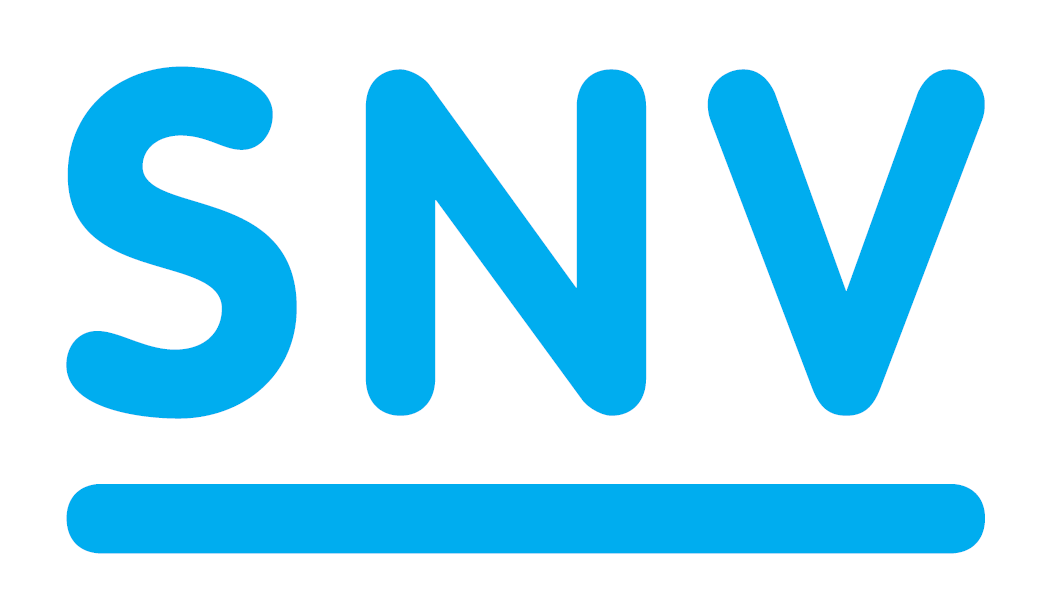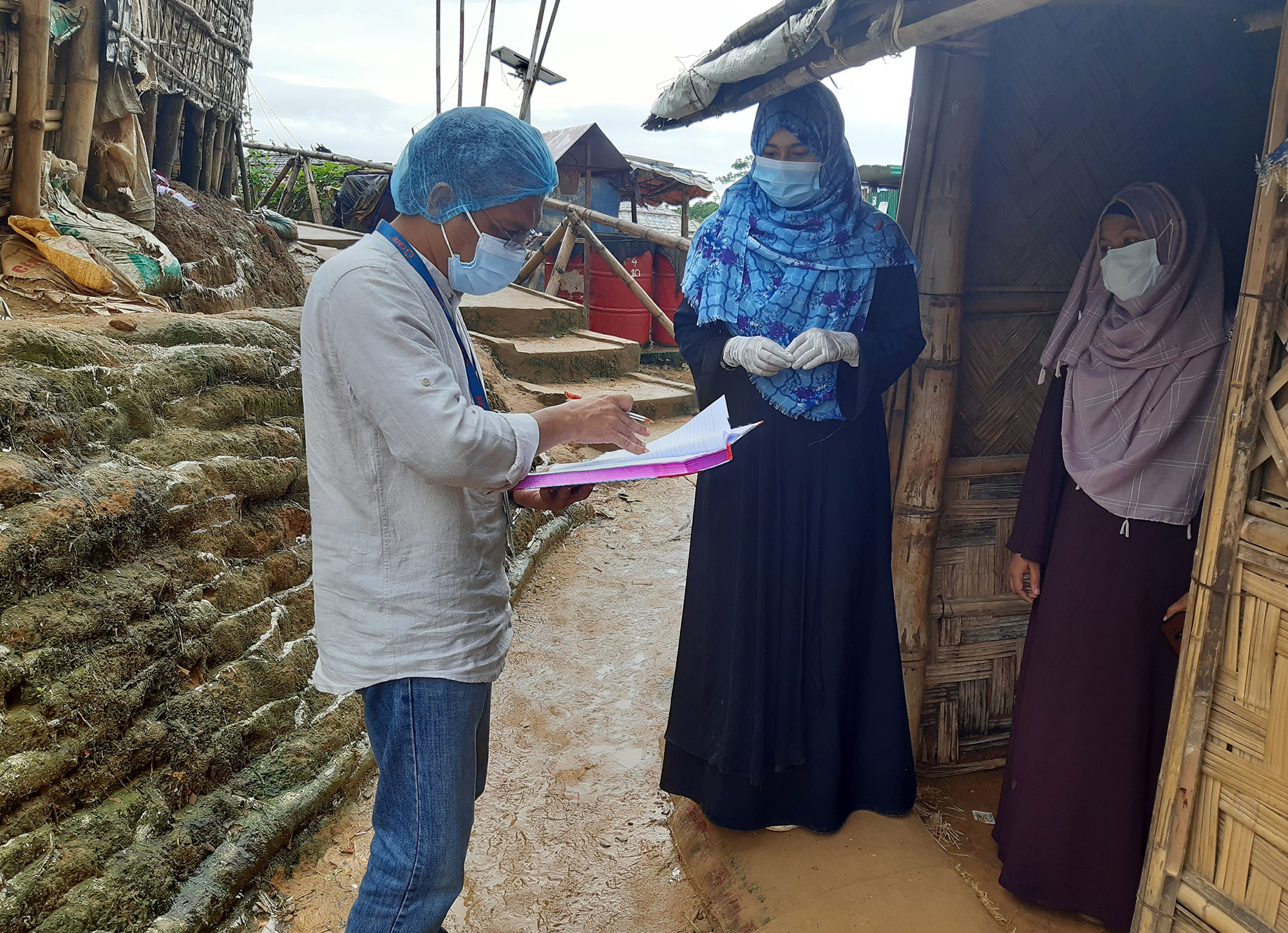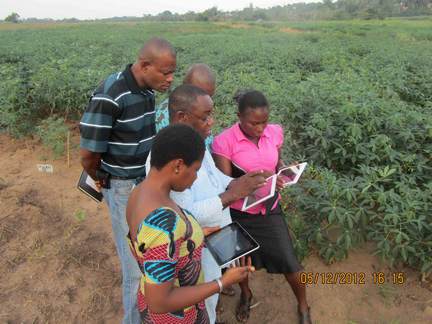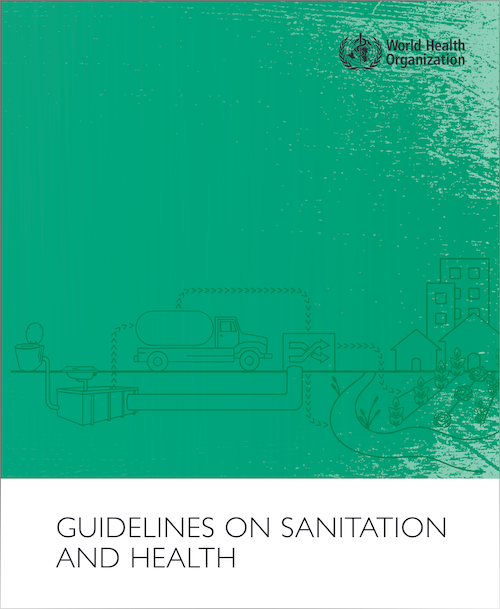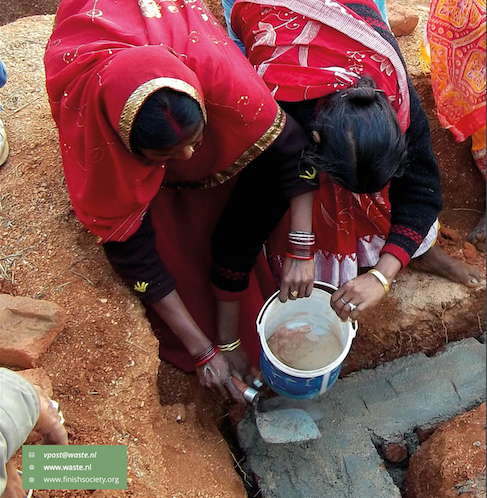Difference between revisions of "Main Page"
| (100 intermediate revisions by one other user not shown) | |||
| Line 1: | Line 1: | ||
<!-----------------------Welcome to Akvopedia!------------------------> | <!-----------------------Welcome to Akvopedia!------------------------> | ||
| − | {| | + | {| |
| − | |class="MainPageBG" style="width:55%; border:1px solid #E3E7EC; background:# | + | |class="MainPageBG" style="width:55%; border:1px solid #E3E7EC; background:#f7f5f7; vertical-align:top; color:#000;"| |
| − | {|width="100%" cellpadding=" | + | {|width="100%" cellpadding="0" cellspacing="5" style="vertical-align:top; background:#f7f5f7;" |
| − | ! <h2 style="margin:0; font-size:130%; text-align:left; color:# | + | ! <h2 style="margin:0; font-size:130%; text-align:left; color:#999999; padding:0.2em 0.4em;">Welcome, bienvenue and bienvenido to Akvopedia!</h2> |
|- | |- | ||
| − | {| style="width:100% | + | {| style="width:100%; cellpadding="8" cellspacing="50"; " |
| − | |style="width:56%; color:#000; background:# | + | |style="width:56%; color:#000; background:#f7f5f7;"|<!-- |
<----------"Welcome to Akvopedia" and article count----------> | <----------"Welcome to Akvopedia" and article count----------> | ||
| − | Welcome to Akvopedia, | + | Welcome to Akvopedia, a free, open-sourced water, sanitation & hygiene resource (in addition to food security knowledge) that [[How to contribute|anyone can edit]]. Here you will find smart and affordable technologies and approaches in rural or urban settings. Project teams can learn more about financing, constructing, and maintaining a project in order to keep it functioning and stable for the long term. Some pages are translated in up to 9 languages (upper right of each page may have language flags), as we are increasing new translations continually. We also have the Google translator on each page. It will translate any English page into more than 90 languages. It cannot translate our hand-translated pages, only the English versions of those pages. |
| + | |||
| + | Akvopedia now contains [[Special:Statistics|{{NUMBEROFARTICLES}}]] articles primarily in English. Akvopedia is hosted and managed by [http://akvo.org/ Akvo Foundation]. | ||
<!-----------------------Portals------------------------> | <!-----------------------Portals------------------------> | ||
| Line 19: | Line 21: | ||
|<div class="floatleft" align=left >{{Icon|file=Water4icons.png|alt=Water Portal|width=140px|link=Water Portal}}</div> The [[Water Portal|Water Portal]] contains information on water collection, pumping and transportation, storage, treatment, and use of water. | |<div class="floatleft" align=left >{{Icon|file=Water4icons.png|alt=Water Portal|width=140px|link=Water Portal}}</div> The [[Water Portal|Water Portal]] contains information on water collection, pumping and transportation, storage, treatment, and use of water. | ||
|- | |- | ||
| − | ! | + | !<h2 style="margin:0; font-size:130%; text-align:left; color:#535353; padding:.2em 0.4em;">Sanitation Portal</h2> |
| − | |||
| − | <h2 style="margin:0; font-size:130%; text-align:left; color:#535353; padding:.2em 0.4em;">Sanitation Portal</h2> | ||
|- | |- | ||
|<div class="floatleft" align=left >{{Icon|file=Sanitation4icons.png|alt=Sanitation Portal|width=140px|link=Sanitation Portal}}</div> The [[ Sanitation Portal |Sanitation Portal]] contains information on toilets, collection, transportation, treatment, use of products, hygiene, and training materials. | |<div class="floatleft" align=left >{{Icon|file=Sanitation4icons.png|alt=Sanitation Portal|width=140px|link=Sanitation Portal}}</div> The [[ Sanitation Portal |Sanitation Portal]] contains information on toilets, collection, transportation, treatment, use of products, hygiene, and training materials. | ||
|- | |- | ||
| − | + | !<h2 style="margin:0; font-size:130%; text-align:left; color:#535353; padding:.2em 0.4em;">Finance Portal</h2> | |
| + | |- | ||
| + | |<div class="floatleft" align=left >{{Icon|file=finance portal box.png|alt=Finance Portal|width=140px|link=Finance Portal}}</div> The [[ Finance Portal |Finance Portal]] contains information on the costs needed to finance, how to finance these costs, and how to monitor finance. | ||
| + | |- | ||
| + | !<h2 style="margin:0; font-size:130%; text-align:left; color:#535353; padding:0.2em 0.4em;">Sustainability Portal </h2> | ||
| + | |- | ||
| + | |<div class="floatleft" align=left >{{Icon|file=sust portal icon.png|alt=Sustainability Portal|width=140px|link=Sustainability Portal}}</div> The [[Sustainability Portal|Sustainability Portal]] contains information on numerous sustainability frameworks, tools, and methods, using the F.I.E.T.S approach. | ||
| + | |- | ||
| + | !<h2 style="margin:0; font-size:130%; text-align:left; color:#535353; padding:0.2em 0.4em;">Decision & Assessment Tools</h2> | ||
| + | |- | ||
| + | |<div class="floatleft" align=left >{{Icon|file=decisions portal box.png|alt=Decision & Assessment Tools|width=140px|link=Decision & Assessment Tools}}</div> [[Decision & Assessment Tools|Decision & Assessment Tools]] contain several tools, assessments, or kits that aid in the implementation of water and sanitation projects in an easier way. | ||
! | ! | ||
| − | |||
|- | |- | ||
| − | + | !<h2 style="margin:0; font-size:130%; text-align:left; color:#535353; padding:0.2em 0.4em;">Food & Nutrition Security Portal</h2> | |
|- | |- | ||
| + | |<div class="floatleft" align=left >{{Icon|file=Food-security-box.png|alt=Food & Nutrition Security Portal|width=140px|link=Food & Nutrition Security Portal}}</div> [[Food & Nutrition Security Portal|Food & Nutrition Security Portal]] helps people improve their access to nutritional, quality food, supporting the right to food, availability and the best utilization of food. | ||
! | ! | ||
| − | |||
|- | |- | ||
| − | |<div class="floatleft" align=left >{{Icon|file= | + | !<h2 style="margin:0; font-size:130%; text-align:left; color:#535353; padding:0.2em 0.4em;">Sustainable Oil Palm Farming</h2> |
| − | + | |- | |
| + | |<div class="floatleft" align=left >{{Icon|file=SNV logo.png|alt=Sustainable Oil Palm Farming|width=140px|link=Sustainable Oil Palm Farming}}</div> [[Sustainable Oil Palm Farming | Sustainable Oil Palm Farming]] helps oil palm smallholders to increase the productivity of their plantations and income in a sustainable way. | ||
! | ! | ||
| − | |} | + | |} |
| − | + | <!-----------What's happening now, More News, Translated pages, Editorial support,----------> | |
| − | <!----------- | ||
|class="MainPageBG" style="width:50%; border:1px solid #E3E7EC; background:#ffffff; vertical-align:top"| | |class="MainPageBG" style="width:50%; border:1px solid #E3E7EC; background:#ffffff; vertical-align:top"| | ||
{| width="100%" cellpadding="2" cellspacing="5" style="vertical-align:top; background:#ffffff;"| | {| width="100%" cellpadding="2" cellspacing="5" style="vertical-align:top; background:#ffffff;"| | ||
| − | ! | + | !<h2 style="margin:0; font-size:130%; text-align:left; color:#535353; padding:0.2em 0.4em;">What's happening now</h2> |
| − | <h2 style="margin:0; font-size:130%; text-align:left; color:#535353; padding:0.2em 0.4em;">What's happening now</h2> | ||
|- | |- | ||
| − | |<font size=" | + | {| |
| − | + | |<font size="4">The [[Survey Library]] is now live!</font><br> | |
| − | + | The Survey library contains two "shelves" of information: standards and surveys. Standards assist you in gathering, understanding, and using high quality data for decision making in all things water, sanitation, hygiene (WASH) -related. Surveys are questionnaires that apply the standards. | |
| − | |||
| − | |||
| − | |||
| − | |||
| − | |||
| + | Some of the supporting organizations who've created the standards are WHO, UNICEF, and SIASAR. For instance, the Joint Monitoring Program (JMP) is a popular standard for sanitation, drinking water, and others. | ||
| + | |[[Image:Survey_library_promo.jpg|thumb|right|400px|link=Survey Library|Photo: Care.org]] | ||
| + | |} | ||
| + | {| | ||
| + | !<h2 style="margin:0; font-size:130%; text-align:left; color:#535353; padding:0.2em 0.4em;">More news</h2> | ||
| + | |- | ||
| + | |[[Image:Tablet-Use-demo.jpg|right|200px|link=Handbook on Data Collection]] | ||
| + | * '''New guide''': [[Handbook on Data Collection]]. The AfriAlliance Handbook provides guidance on how best to develop a data collection project to ensure high quality data is collected and maximum impact is achieved. The Handbook covers vital elements to consider when designing and implementing a data collection project, focusing on the development sector and including extra resources for more information. | ||
| + | |- | ||
| + | |[[Image:WHO_Guidelines_2018.png|right|200px|link=http://apps.who.int/iris/bitstream/handle/10665/274939/9789241514705-eng.pdf]] | ||
| + | * '''Guide''': [http://apps.who.int/iris/bitstream/handle/10665/274939/9789241514705-eng.pdf WHO: Guidelines on Health and Sanitation, 2018]. Safe sanitation is essential for health, from preventing infection to improving and maintaining mental and social well-being. The lack of safe sanitation contributes to diarrhea, a major public health concern and a leading cause of disease and death among children under five years in low- and middle- income countries; poor sanitation also contributes to several neglected tropical diseases, as well as broader adverse outcomes such as under-nutrition. Lack of access to suitable sanitation facilities is also a major cause of risks and anxiety, especially for women and girls. For all these reasons, sanitation that prevents disease and ensures privacy and dignity has been recognized as a basic human right. | ||
| + | |- | ||
| + | |[[Image:financing papers2.png|right|200px|link=Financing Sanitation, Paper Series I-4]] | ||
| + | * '''Featured article''': The [[Financing Sanitation, Paper Series I-4]] is a unique collection of six articles about different aspects of sustainable financing of sanitation (in emerging markets) - from financial inclusion to private funding and from micro insurance to climate financing. The papers are very close to daily practices, written purely on the basis of experience, insights and materials developed within sanitation programmes in India and Kenya. | ||
|- | |- | ||
| − | ! | + | <!-------Translated Pages--------> |
| − | <h2 style="margin:0; font-size:130%; text-align:left; color:#535353; padding:0.2em 0.4em;"> | + | !<h2 style="margin:0; font-size:130%; text-align:left; color:#535353; padding:0.2em 0.4em;">Translated pages</h2> |
|- | |- | ||
| − | | | + | |[[Image:national flags.png|right|250px|]] |
| − | + | We are proud to announce our Akvopedia [[Translations]] program! We have started our language program with translators for French, Spanish, three Indian languages (Hindi, Malayalam, and Tamil), Korean, Chinese, Indonesian, and Japanese, with many more to come. See the upper right of each English page for the different language flags. Not all pages have been translated yet. Our most popular translations are: <br> | |
| − | + | * The entire [[Water Portal / Rainwater Harvesting | Rainwater harvesting]] section in Hindi: [[वाटर पोर्टल / वर्षाजल संचयन]]. <br> | |
| − | + | * The entire [[Water Portal / Rainwater Harvesting | Rainwater harvesting]] section in French: [[La collecte des eaux de pluie]].<br> | |
| − | + | * Most of the [[Water Portal / Rainwater Harvesting | Rainwater harvesting]] section in Spanish: [[Captación de Agua de Lluvia]]. | |
| − | * | ||
| − | |||
| − | * | ||
| − | |||
|- | |- | ||
| − | ! | + | !<h2 style="margin:0; font-size:130%; text-align:left; color:#535353; padding:0.2em 0.4em;">Contributing to Akvopedia</h2> |
| − | <h2 style="margin:0; font-size:130%; text-align:left; color:#535353; padding:0.2em 0.4em;">Contributing to Akvopedia</h2> | ||
|- | |- | ||
|'''Share your news and knowledge''' on water and sanitation by contributing articles to the Akvopedia. We've used the same conventions as the well-known online resource Wikipedia, so adding and editing articles is quick and easy to learn. This [[Editing an Akvopedia page | graphical guide]] will get you started; more detailed information about editing wiki articles is available in the help pages: [[Help:Contents]] | |'''Share your news and knowledge''' on water and sanitation by contributing articles to the Akvopedia. We've used the same conventions as the well-known online resource Wikipedia, so adding and editing articles is quick and easy to learn. This [[Editing an Akvopedia page | graphical guide]] will get you started; more detailed information about editing wiki articles is available in the help pages: [[Help:Contents]] | ||
|- | |- | ||
| − | ! | + | !<h2 style="margin:0; font-size:130%; text-align:left; color:#535353; padding:0.2em 0.4em;">Editorial support</h2> |
| − | <h2 style="margin:0; font-size:130%; text-align:left; color:#535353; padding:0.2em 0.4em;">Editorial support</h2> | ||
|- | |- | ||
| − | |[[Image: | + | |[[Image:Jon.jpg|right|120px]] |
| − | Do you have quality content that you would like to contribute to Akvopedia, but lack the time or resources to upload it? Akvopedia offers free editorial services and always appreciates suggestions and links to expand our WASH wiki. Please contact our editor | + | Do you have quality content that you would like to contribute to Akvopedia, but lack the time or resources to upload it? Akvopedia offers free limited editorial services and always appreciates suggestions and links to expand our WASH wiki. Please contact our editor Jon at jon[[Image:at symbol.jpg|12px]]akvo.org. Thank you for visiting! |
|- | |- | ||
| − | |||
|} | |} | ||
|} | |} | ||
Latest revision as of 18:58, 2 March 2021
|
